3 January 2025
If you've ever thought about buying a home in a suburban neighborhood, chances are you’ve heard the term “Homeowners’ Association” (or HOA for short). Love ‘em or hate ‘em, HOAs are a common feature in many suburban communities across the country. But what exactly does an HOA do? And how does it impact your dream of owning that cute house with the white picket fence?
Let’s break it down. By the time you finish reading this, you’ll not only understand what HOAs are all about, but you’ll also have a good sense of whether they’re the right fit for you and your lifestyle. So grab a coffee, get comfy, and let’s dive into the world of suburban living and homeowners' associations!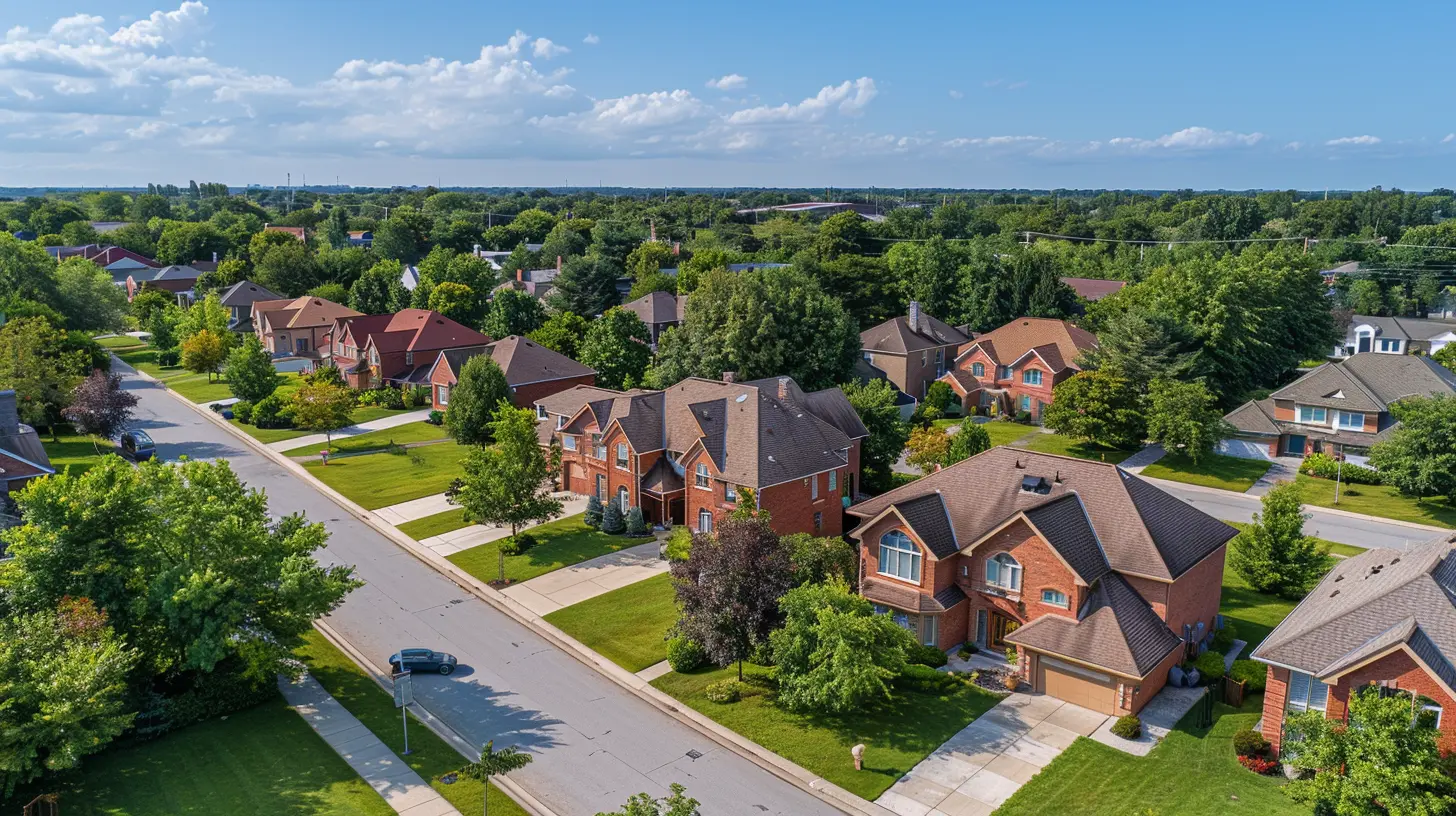
What is a Homeowners’ Association (HOA)?
First things first—what is a homeowners’ association? At its core, an HOA is a governing body that oversees a neighborhood or community. Think of it like a mini-government, but instead of laws, they enforce rules and guidelines aimed at keeping the neighborhood looking its best and functioning smoothly.HOAs are typically set up by the developer of a neighborhood. Once the neighborhood is fully built and sold out, the HOA is handed over to the homeowners themselves. So, in essence, homeowners collectively "own" the HOA. 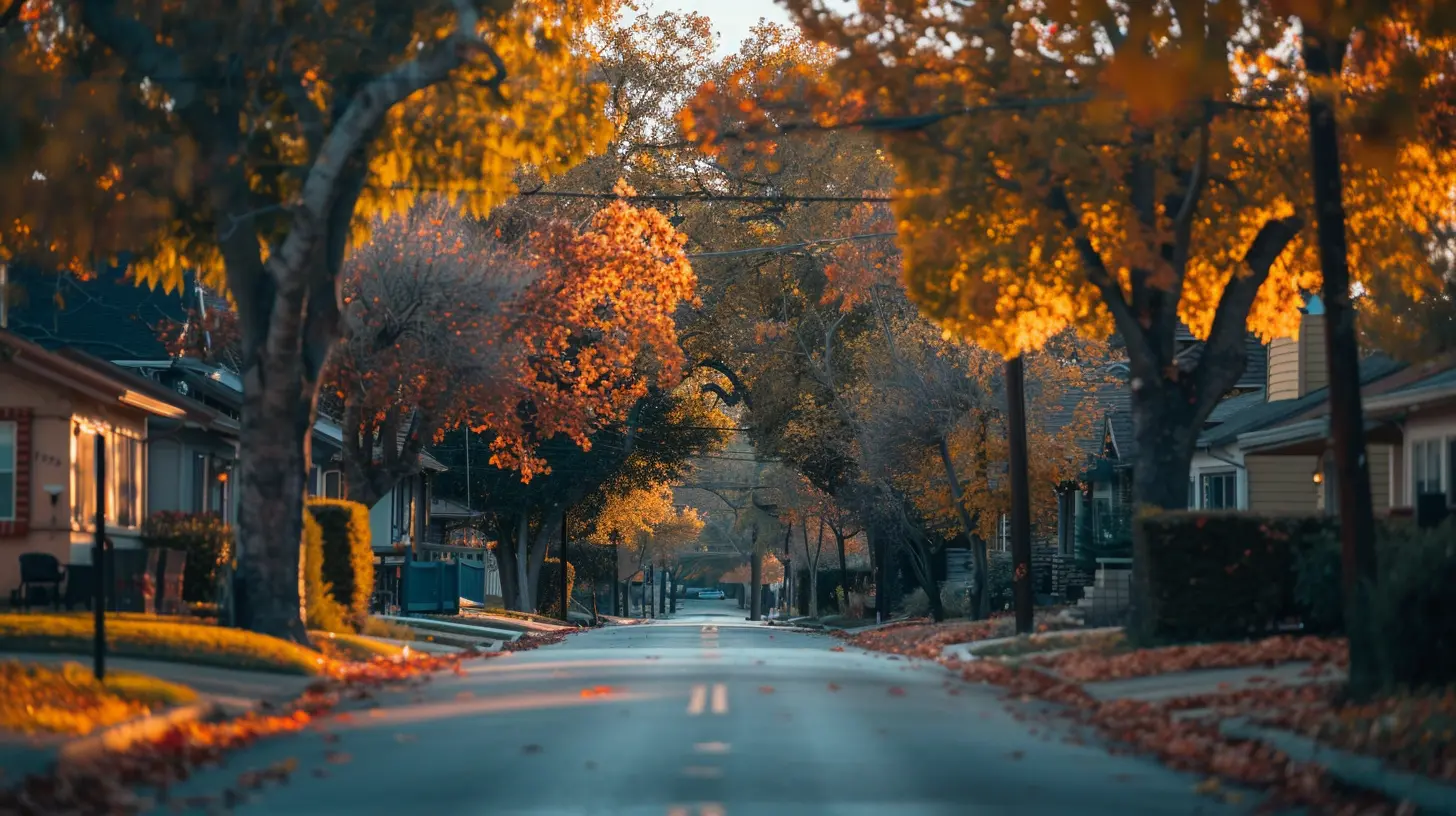
How Do HOAs Work?
Picture this: you buy a home in a suburban neighborhood with an HOA. Along with your mortgage payment, you’ll need to pay HOA dues (more on that later). These dues are pooled together and used to maintain shared spaces in the community—things like parks, pools, sidewalks, and even neighborhood signage.But that’s not all. HOAs also enforce rules and regulations, which are outlined in documents called Covenants, Conditions, and Restrictions (CC&Rs). These rules could dictate anything from how high your fence can be, to what color you can paint your front door, to whether you’re allowed to park a boat in the driveway.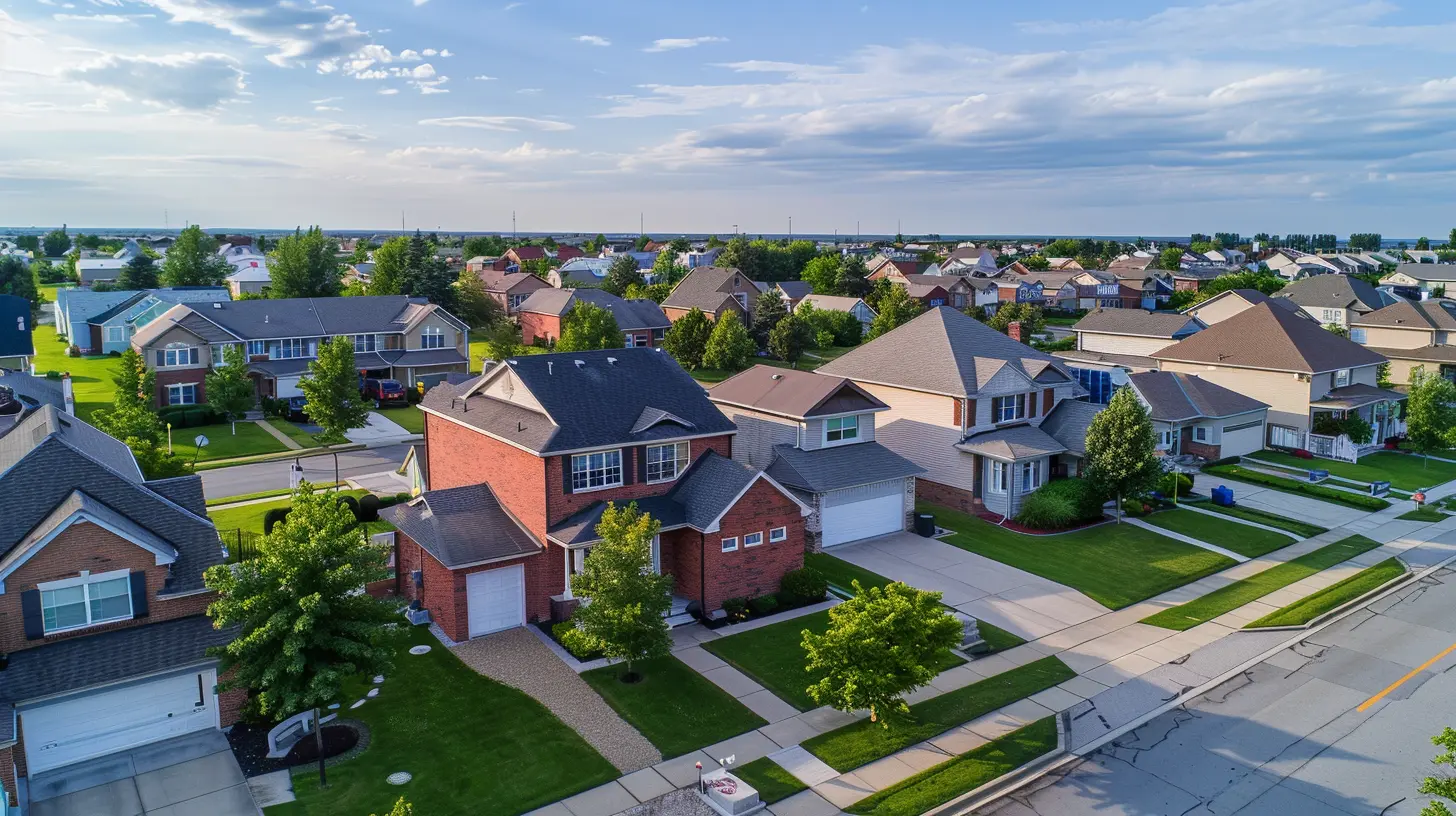
The Benefits of Living in an HOA Community
I get it—rules aren’t everyone’s cup of tea. But believe it or not, HOAs come with a fair share of benefits, especially in suburban neighborhoods. Here are a few reasons why many homeowners are willing to pay those HOA fees:1. Well-Maintained Neighborhoods
You know that neighbor whose front yard looks like a junkyard? Yeah, you probably won’t find them in an HOA-governed community. One of the HOA’s main goals is to maintain a consistent aesthetic throughout the neighborhood. This means you get clean streets, manicured lawns, and a neighborhood that feels welcoming and well-kept.2. Higher Property Values
Because HOAs ensure the neighborhood remains attractive and orderly, property values in HOA communities tend to hold steady—or even increase—over time. If you’re thinking long-term about your investment, this can be a major plus.3. Access to Amenities
Ever dreamed of having access to a community pool, a clubhouse, or even tennis courts? HOAs often provide and maintain these kinds of shared amenities. Instead of paying for your own private pool or gym membership, you get the convenience of having these facilities close by.4. Problem-Solving Made Easy
Got an issue with a noisy neighbor or an overgrown tree? The HOA often acts as a mediator, which can make resolving neighborhood disputes a whole lot easier.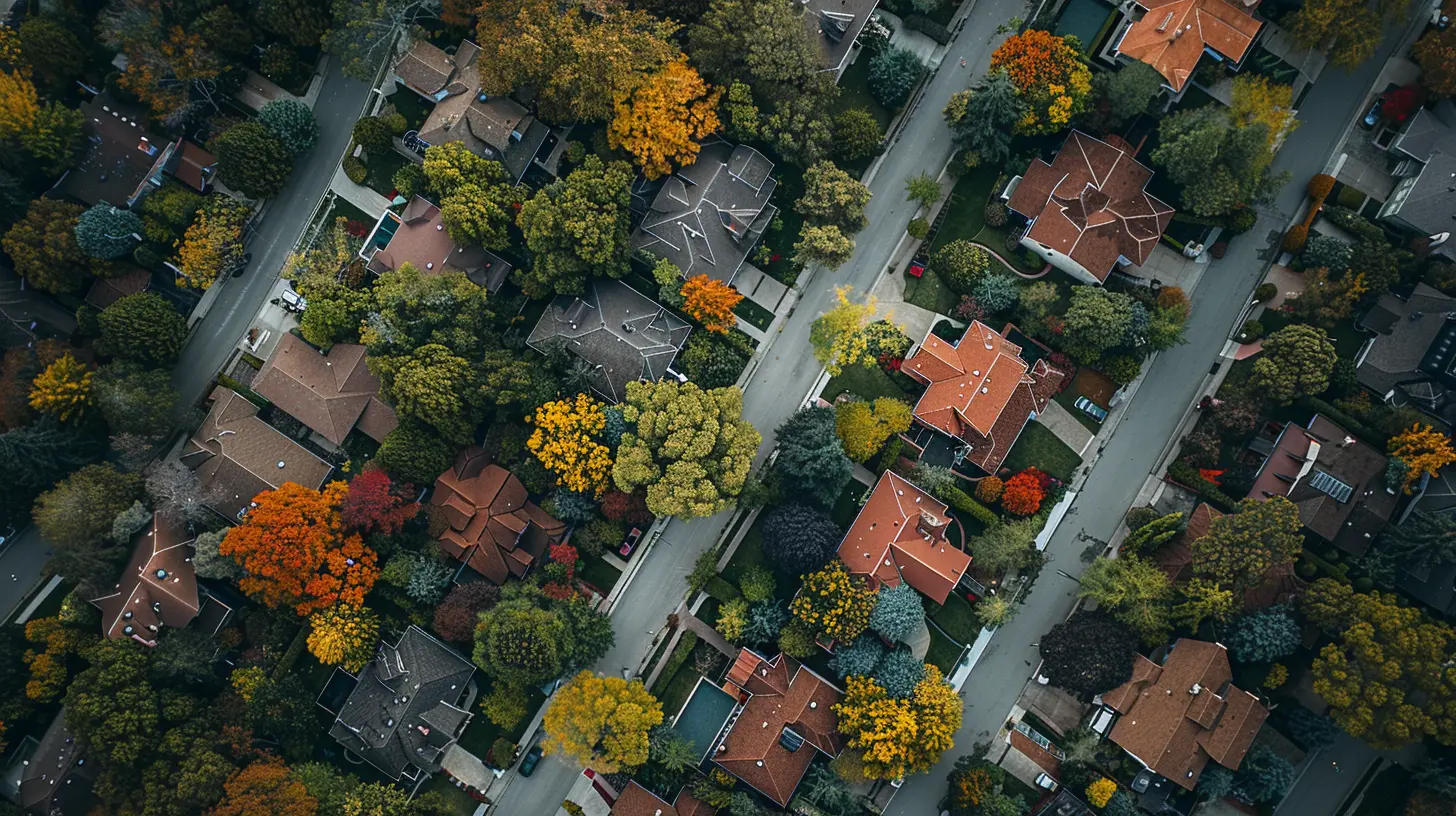
The Drawbacks of HOAs
While there are plenty of advantages, we’d be doing you a disservice if we didn’t mention the flip side of the coin. HOAs aren’t for everyone, and that’s completely fine! Here are some of the potential downsides to consider:1. HOA Fees
Let’s talk money. HOA fees can range anywhere from $100 to $1,000 per month, depending on where you live and what amenities are provided. If you’re on a tight budget, these fees can feel like an extra strain on top of your mortgage, property taxes, and utilities.2. Strict Rules
HOAs are notorious for their rules. While they’re there to protect the community, some people find them overly restrictive. Want to hang a holiday wreath on your door, or set up a backyard chicken coop? You’ll need to check the CC&Rs first.3. Fines and Penalties
If you violate the rules, HOAs can slap you with fines. Forgot to mow your lawn? Left your trash can on the curb for too long? It might cost you.4. Potential for Conflict
Depending on the people running the HOA, power struggles are not uncommon. Some board members might take their duties a little too seriously, leading to micromanagement and tension within the community.Questions to Ask Before Buying in an HOA Community
If you’re still weighing the pros and cons, here are some important questions to ask before committing to a home in an HOA-governed neighborhood:- What are the HOA fees, and what do they cover? Make sure you understand exactly what you’re paying for—and what’s not included.
- Can I review the HOA’s CC&Rs? Read the fine print to see if the rules align with your lifestyle and values.
- What’s the HOA’s financial health? Ask to see the budget or financial statements. A well-run HOA should have reserves for future expenses.
- What’s the HOA’s reputation? Talk to current residents. Are they happy with the HOA? Or are there constant complaints and conflicts?
Tips for Thriving in an HOA Community
If you decide that HOA living is right for you, here are a few tips to help you make the most of your new neighborhood:- Get Involved: Attend meetings, vote on community issues, or even join the board. Being active in the HOA gives you a voice in how the community is managed.
- Read the Rules: Take the time to go over the CC&Rs so you’re not blindsided by unexpected rules.
- Communicate: If you have an issue or concern, reach out to the HOA board. They’re there to help, not to make your life difficult.
- Be a Good Neighbor: At the end of the day, HOAs thrive when residents work together. Be respectful, follow the guidelines, and do your part to keep the community a great place to live.
Is an HOA Community Right for You?
Here’s the thing: HOAs aren’t one-size-fits-all. For some, the structure and amenities they offer are well worth the cost and restrictions. For others, the rules can feel stifling. It ultimately comes down to your personal preferences and priorities.If you value a tightly-knit, well-maintained neighborhood with plenty of perks, an HOA community might be just what you’re looking for. But if freedom and flexibility are your top priorities, you might want to keep searching.
Remember, there’s no right or wrong choice—just what works best for you. At the end of the day, finding the perfect home is about figuring out what makes you happiest.

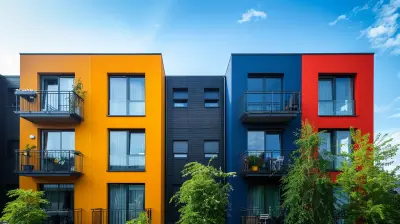
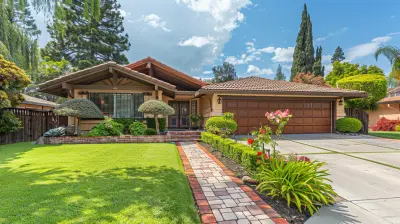

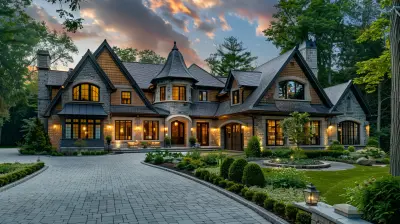
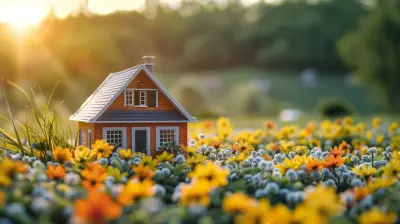
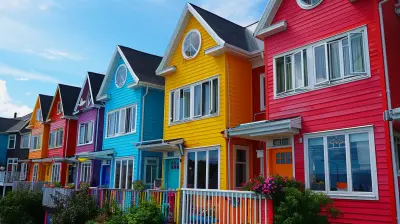
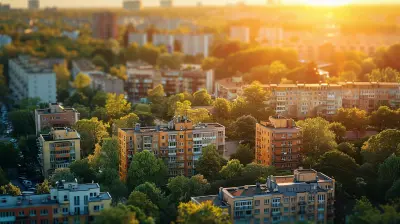
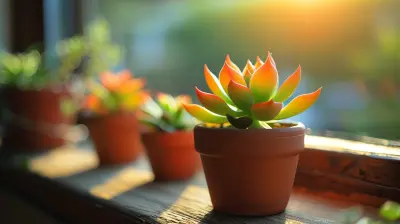


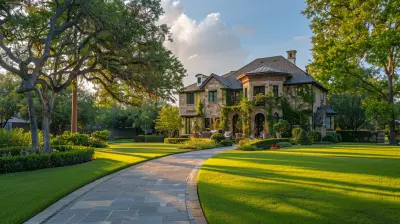
Presley Smith
Homeowners' Associations: where your mailbox style feels like a fashion statement and lawn gnomes double as neighborhood security! Remember, it's not just about curb appeal; it's about navigating the quirky rules of suburban living. Happy HOA hunting!
February 17, 2025 at 12:08 PM